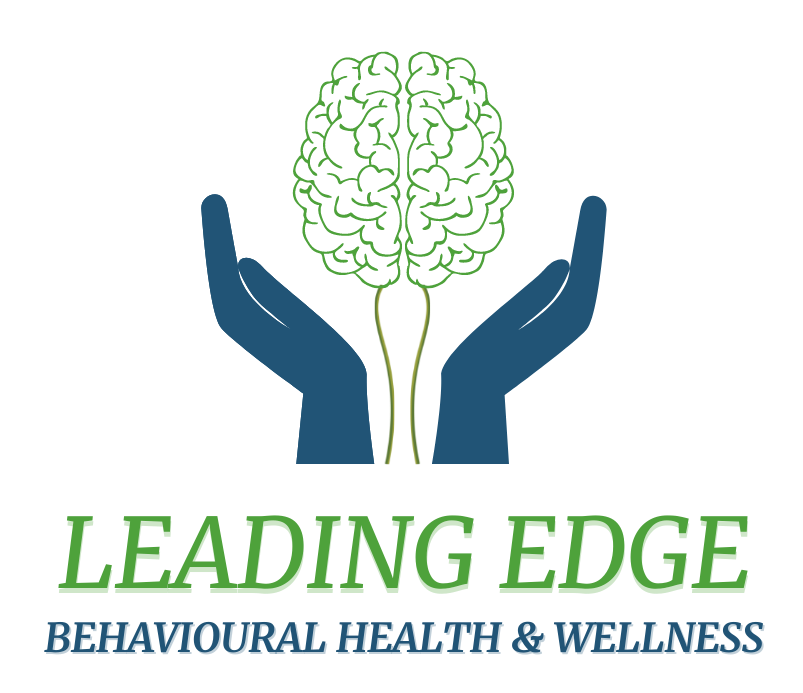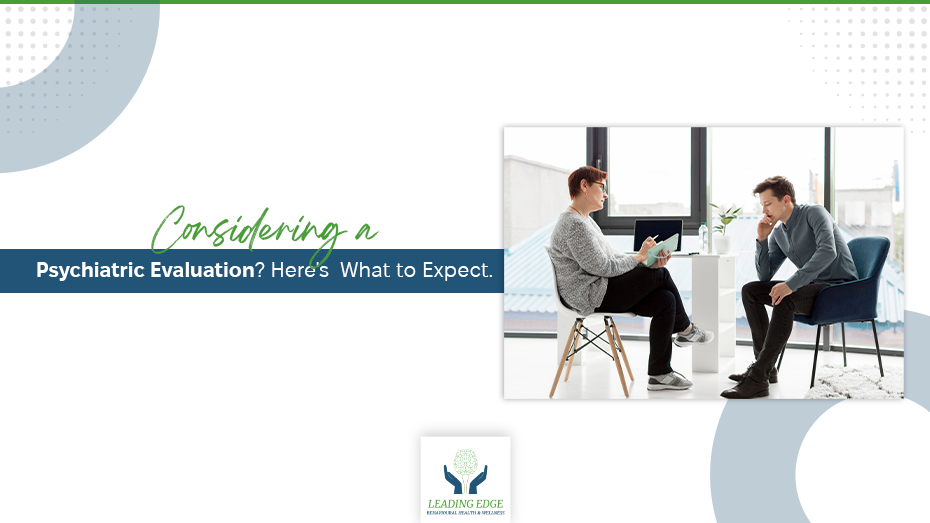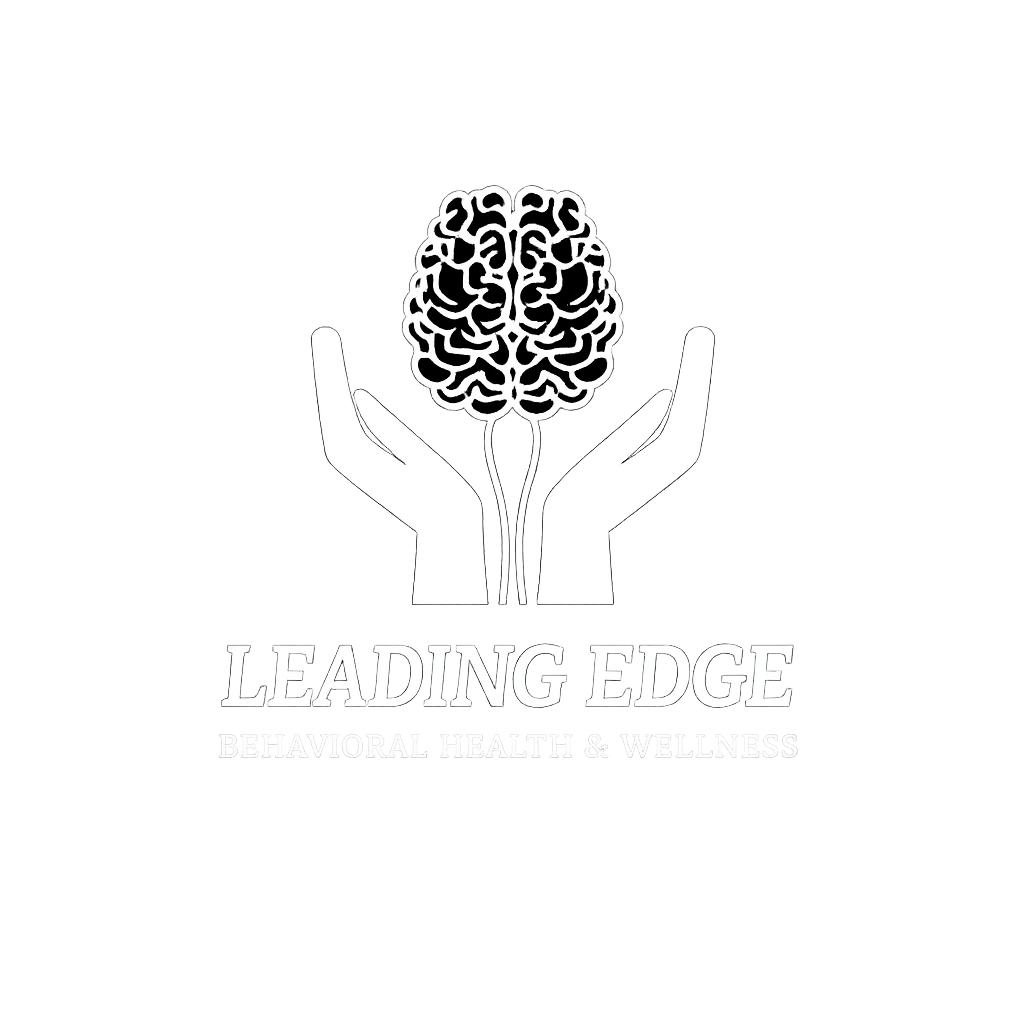Many people think about getting mental health evaluations. Each year, millions request help for their mental health.
Psychiatrists help individuals seeking therapy, and you might be one of them during your next visit. What you anticipate from a psychiatric evaluation may induce some stress.
This review aspires to pinpoint mental health issues, measure emotional stability, and deliver intervention plans.
What Is a Psychiatric Evaluation?
At Leading Edge, a psychiatric evaluation is not a test. It’s a conversation. It is carried out by a licensed mental health care professional. This professional may be one of the following:
- Psychiatrist
- Psychiatric nurse practitioner
- Psychologist
- Licensed clinical social worker
The evaluation assesses the patient’s mental, emotional, and behavioral state to diagnose and recommend treatment.
The evaluation is not something you pass or fail. It is a systematic and compassionate approach to understanding your mental health and arriving at the best treatment programming options for you.
When Should You Consider a Psychiatric Evaluation?
If you have any of these symptoms, a psychiatric evaluation may help:
- Persistent sadness or anxiety, or mood swings
- The inability to adjust to normal life
- Sleeping habits or a change in appetite
- Unexplained anger or irritability
- GPIO or withdrawing people from social life
- Abuse of substances
- Thoughts or acts of suicide
Some mental health symptoms can be more subtle, the earlier the evaluation, the better the outcome and the less suffering.
How to Prepare for Your Evaluation?
Planning can contribute to a more exact diagnosis. Here’s how to get ready:
- Track symptoms: Record when they started, how frequently they happen, and their intensity.
- Gather your medical history: Document earlier assessments, treatments, stays, and drugs.
- Document family mental health
- Bring a support person, if possible.
- List current medications and supplements, including recreational substances.
Being organized helps your provider understand the full picture.
What Happens During a Psychiatric Evaluation?
-
Initial Psychiatric Evaluation and Psychiatric Interview
The initial appointment typically takes about one hour. At Leading Edge, one of our professionals will take the time to sit with the client and talk about what has been happening. They may ask:
- “How have you been feeling lately?”
- “What’s been hardest for you recently?”
- “Have you gone through any major changes or stressors?”
This is your time to be open and honest, fear not. We do not intend to judge you; we seek to understand you.
-
Mental Health Check-In (Mental Status Exam)
During this evaluation, the provider will be observing you, how you’re doing in the moment, your mood, your thought patterns, and your expressive efforts as a whole. This helps us to understand what you’re experiencing right now.
-
Psychological Testing (If Appropriate)
Depending on your needs, we might administer questionnaires or screening tools to further assess such areas as depression, anxiety, trauma, ADHD, or other concerns. These are not cookie-cutter; rather, they are just tools that might further guide your care.
-
Medical and Lab Testing
In certain cases, physical conditions can mimic or contribute to mental health symptoms. We may suggest some simple lab work (like a check on thyroid or vitamin levels) to rule out any underlying issues. We don’t want to miss anything.
-
Your Diagnosis and Next Steps
When we have the complete picture, we will schedule a time to discuss its meaning. This is the time for us to discuss your diagnosis, answer any questions, and explore what care will be useful in helping you feel better.
Collaborative care means that we build a treatment plan alongside you, rather than for you.
At Leading Edge, we believe in collaborative care. This means, we partner together with you to develop a treatment plan that works with your life, your preferences, and your aspirations.
Specialized Child and Adolescent Psychological Assessment
We offer specialized evaluations for children and adolescents, using age-appropriate tools and involving caregivers, teachers, and school staff when needed.
These evaluations may include:
- Developmental history
- Academic performance review
- Behavioral rating scales
- Cognitive assessments
- Emotional functioning questionnaires
This approach ensures that young people receive the right diagnosis early crucial for preventing long-term complications.
What Happens After the Evaluation?
A psychological review is only the first step. We’ll help you find the right support:
- Medication management (if needed)
- Therapy or counseling sessions
- Referrals for specialized care
- Support groups or community resources
We’ll also assign a care coordinator. They’ll ensure you feel supported and connected throughout the process.
How Long Does the Initial Psychiatric Evaluation Take?
The evaluation duration depends on case complexity and involves either one hour or more specialized appointments at different times. Special follow-up assessments are needed, particularly when there are many conditions to evaluate.
Final Thoughts: Considering a Psychiatric Evaluation? Here’s What to Expect
Choosing to schedule a psychiatric evaluation takes bravery. It means you’re ready to understand yourself more deeply and take steps toward feeling better.
Leading Edge Behavioral Health and Wellness offers Initial Psychiatric Evaluations to help you understand your mental health and find the right support. Let’s take that first step together.
Book now your examinations and find that support you’ve been looking for.
FAQs
Is a psychiatric evaluation confidential?
Absolutely. It is completely private unless there is a concern about safety. If any such matter ever arises, we will delicately and transparently take you through it.
Will I have to take medicine?
Not always. we only explore it if it’s something you’re open to and it’s clinically appropriate. Therapy, holistic approaches, and lifestyle changes are all on the table, too.
Will insurance cover psychiatric evaluation?
Most health plans, including Medicaid and Medicare. cover psychiatric evaluations. We recommend calling your provider to confirm details like coverage, referrals, and copays. Our team is happy to help with this too.



